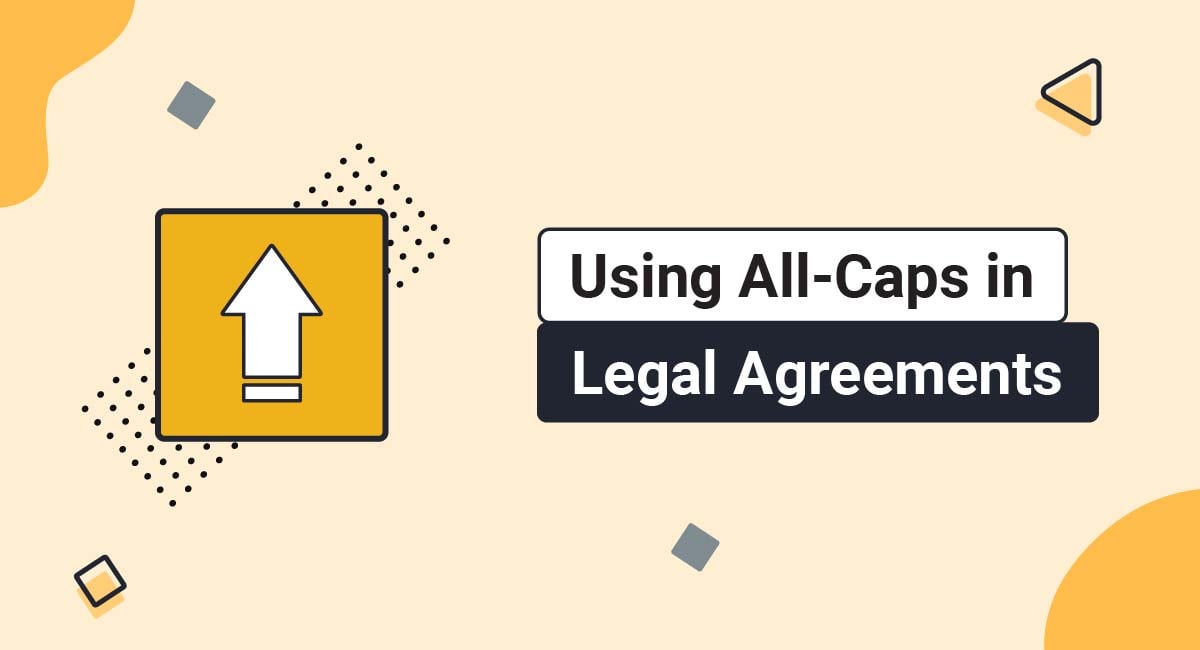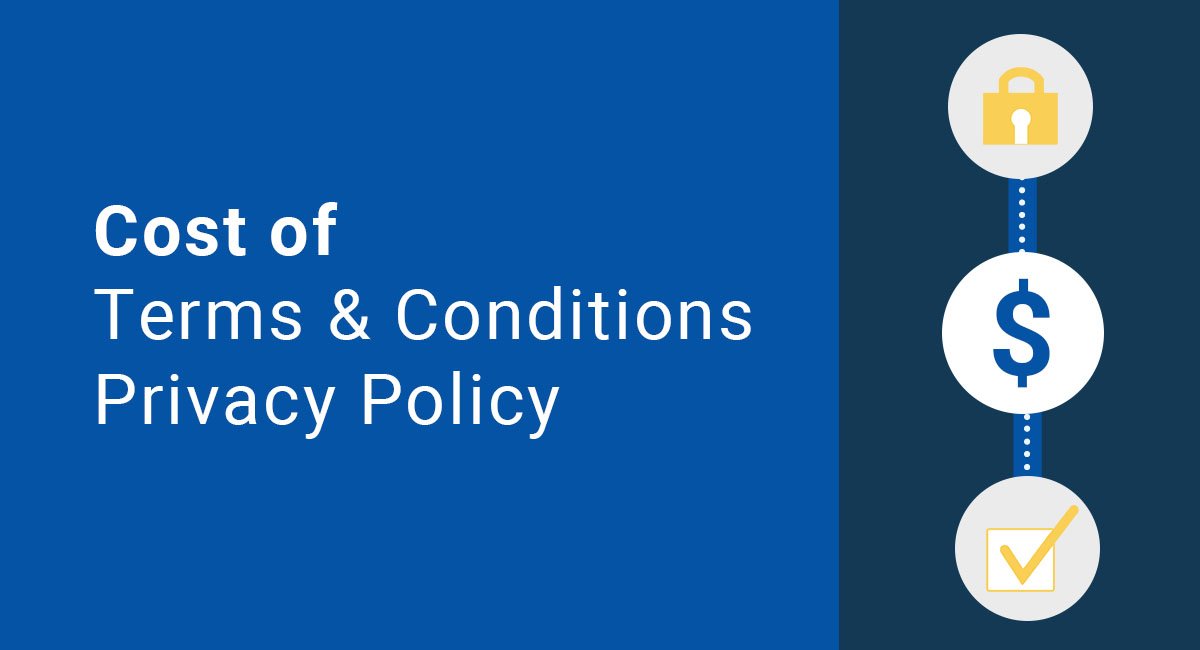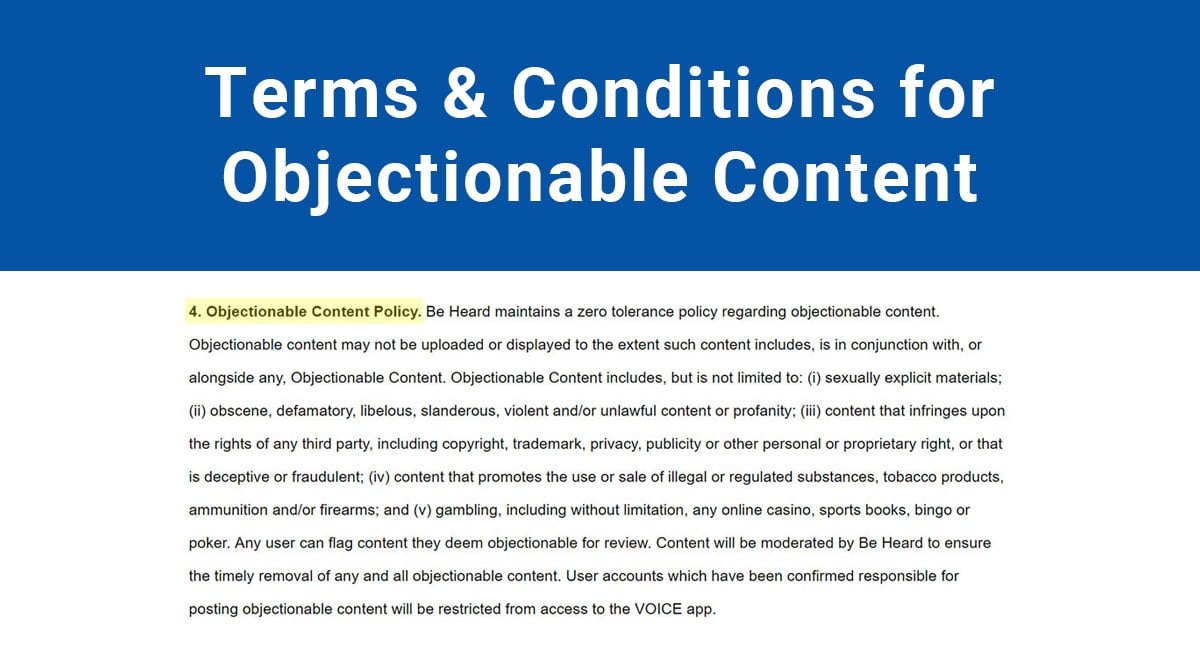Blog: Terms & Conditions Agreements
Page 9
Navigate
-
EULA Agreements
-
Cookies Policy Agreements
-
Disclaimer Agreements
-
Privacy Policy Agreements
-
US Privacy Laws
-
Return Policy Agreements
-
Legal Requirements
-
EU Privacy Laws
-
Terms & Conditions Agreements
-
How to
-
Asia Privacy Laws
-
CA Privacy Laws
-
Consent
-
Templates
-
Consumer Privacy
-
AU Privacy Laws
-
LatAm Privacy Laws
-
Clauses
Terms & Conditions for Subscription Services
If you run a subscription service, there are provisions in your Terms & Conditions agreement (T&C), also known as Terms of Use or Terms of Service, that must be emphasized. Otherwise, you will lack the enforcement abilities to secure payment and the appropriate use of your service. This article will explain...
Using All-Caps in Legal Agreements
The use of all capital letters (All-Caps) in legal agreements is a time-honored tradition that extends into the digital age. Once it became accepted as a means to make important contract language conspicuous, it became commonplace and is still heavily used today. This article will show you how to use All-Caps...
Terms and Conditions for User-Generated Content
Many websites, apps, and online platforms allow users to upload user-generated content (UGC). A Terms and Conditions agreement can help explain the rules and users' responsibilities concerning user-generated content. This article explains what a Terms and Conditions agreement is, what user-generated content is, and how to address user-generated content in your...
Differences Between Common Legal Agreements
Legal agreements can help educate your users and protect your business. Understanding the differences between common legal agreements is essential in determining the right agreements for your business. This article explains the differences between common legal agreements, including Terms and Conditions agreements, Privacy Policies, End User License Agreements (EULA), Cookies...
Cost of Terms & Conditions and Privacy Policy
As with many legal services, business owners frequently have questions about the cost of drafting Terms & Conditions and Privacy Policy agreements. Here is the short answer: there is no "fixed" cost for these agreements. You will not find "one set price" for these legal agreements that your website or mobile app...
Terms & Conditions for Objectionable Content
Objectionable content is content that most users would find to be offensive, upsetting, or inappropriate. If you run a website/mobile app that allows user-generated content such as posts, comments and other ways that your users can interact, you're going to want to retain the right to remove any objectionable content that...





